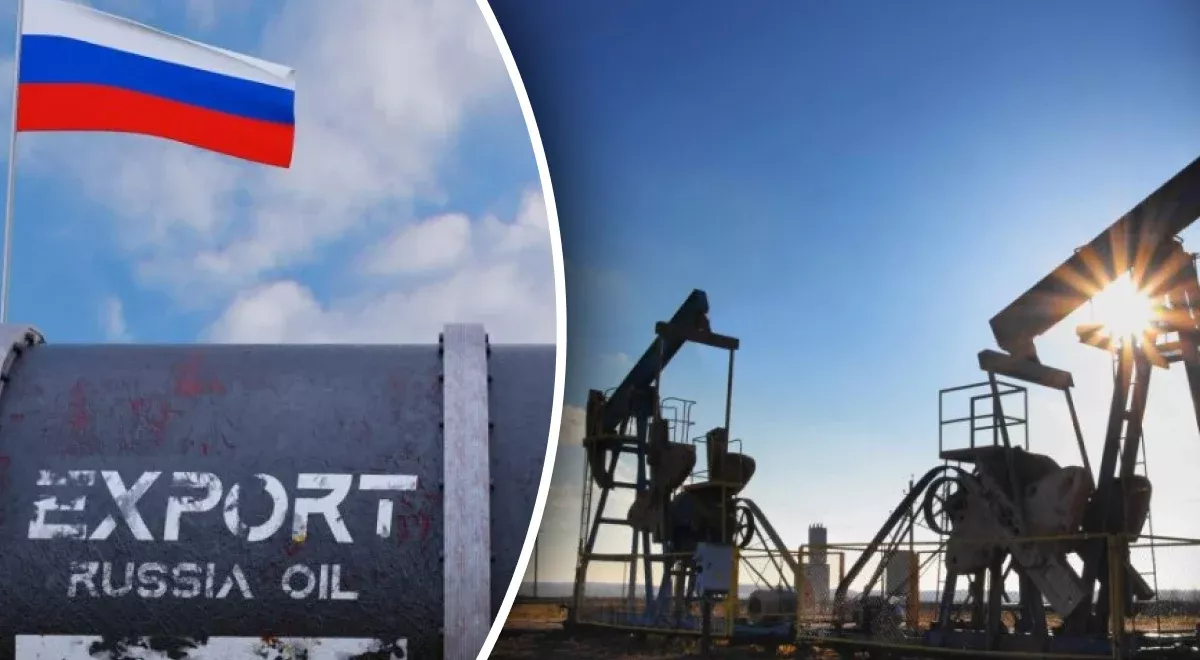"Trump sees New Delhi's double standards" Expert opinions on Caliber.Az
U.S. President Donald Trump wrote on the social media platform Truth Social that he would significantly increase tariffs on imports from India due to its active trade with Russia, accusing the Indian side of profiting from Russian oil amid the war in Ukraine.
"India is not only buying massive amounts of Russian oil, they are then, for much of the oil purchased, selling it on the open market for big profits. They don't care how many people in Ukraine are being killed by the Russian war machine," he wrote.
Essentially, Trump’s accusations place India among the sponsors of the war, pushing the country into the category of political outsiders—something that has naturally alarmed New Delhi. Indian authorities were quick to issue a formal justification, blaming everything on the instability of market fluctuations.
But what do people in Ukraine think about Trump’s remarks? Ukrainian political analysts shared their views on the U.S. president’s statements and India’s game with Caliber.Az.

Alexey Buryachenko, an expert on national and international security and head of the International Association of Small Cities, believes that Trump has carefully planned all actions related to launching secondary sanctions against Russia—specifically targeting those who actively purchase energy resources from Moscow.
"First of all, before analysing the situation with India, we need to clearly understand that when Trump announced sanctions against the Russian Federation—both primary and secondary, as well as against countries that help circumvent restrictions—he is most likely referring to more than just a sanctions package, even if it’s coordinated with the Europeans. What we’re really talking about is a whole range of measures aimed at solving several geopolitical problems at once. On one hand, Trump is genuinely interested in achieving at least a ceasefire in the Russia-Ukraine war. However, it's worth noting that all his previous conversations with Putin on this matter were rejected and yielded no results," the expert explained.
He also emphasised that this is not only about secondary sanctions in the traditional sense.
“Right now, we see that Trump is focusing attention on countries purchasing Russian oil—and India is among them. But this situation involves overlapping interests from different players, particularly the OPEC+ countries, with Saudi Arabia at the forefront. They have long sought to expand their presence in markets dominated by Russia’s Urals crude and to replace it with their lighter oil. To do this, they needed certain conditions,” the analyst said.
“Today’s moment is convenient, and although Trump’s goals and those of OPEC+ do not fully align, their actions combined could deal a serious blow to the Russian economy. Countries that continue purchasing Russian oil risk falling under secondary sanctions not only from the United States but also from the European Union, and this is becoming a decisive factor,” he added.
In the expert’s opinion, the rhetoric directed at India also has a pragmatic foundation: “Why India? It’s quite simple. India is trying to balance—on one hand, being one of the key U.S. partners in the region, and on the other, maintaining trade relations with everyone, including Russia. It buys cheap oil, invests in refining, and essentially becomes a sort of hub where Russian capital is active and Russian resources are processed. India profits speculatively from this, and naturally, that provokes Trump’s dissatisfaction. Such actions from a U.S. partner undermine America’s efforts to stop the war.”

Buryachenko also highlighted the crucial role India plays in Russia’s oil logistics: “Even without putting pressure on China, which remains the largest consumer of Russian oil, India’s share alone—about 25%—already poses significant risks to Russia’s oil sector. If India stops buying Russian oil, Moscow will find itself in a difficult situation. Russia lacks sufficient storage capacity for excess volumes. China, for its part, won’t be able to absorb it all. This threatens overproduction and a drop in budget revenues. American oil is already beginning to fill the gap—a first deal has been signed. Although it’s small in volume, it is highly symbolic. In the long term, Russia’s share is likely to be taken over by OPEC+ countries.”
The expert believes Trump is using sanctions as a broader tool of foreign policy pressure.
“To sum up, the sanctions the U.S. president is threatening to impose on Russia—should the war continue or negotiations be refused—may also be used as a means of influencing third countries. It’s politically difficult to impose direct sanctions on India or China, but secondary sanctions on oil and energy allow for indirect pressure. In doing so, the United States limits the revenue of Russia’s resource-export economy while also sending a message to its partners—India and China—that it’s time to choose their priorities,” the analyst said.
He also commented on Trump’s recent statement that by purchasing Russian oil, India is effectively sponsoring the war.
“Such rhetoric should serve at least as a moral and political argument for Prime Minister Modi to reconsider his current course. Even if India cannot completely give up Russian oil, it could at least diversify its suppliers and reduce the share of imports from Russia. This is important, especially given that Russia’s shadow tanker logistics also raise serious concerns,” Buryachenko added.
In conclusion, he noted that Ukrainian society generally views any steps aimed at limiting Russia’s resources in a positive light.
“Ukrainians don’t care which country this kind of rhetoric is directed against. The main goal is to minimise anything that enables Russia to continue the war. If India is indeed supporting the Russian budget with petrodollars, then pressure on it will be welcomed both in Ukraine and globally,” the expert emphasised.

According to analyst Ihor Bondarenko, Trump’s actions not only target the sponsors of the war in Ukraine but also demonstrate Washington’s determination—and, by extension, that of the entire West—on this issue.
“Russia’s economy rests on three pillars: oil, gas, and the profits of tech giants like the state corporation Rosatom operating abroad. If all three are targeted systematically, Russia will find itself trapped—its resources will last only a couple of years. Unfortunately, the West has always been aware of this but failed to take appropriate action. If you want to stop the war, half-measures are not enough—especially when it’s clear that limited sanctions packages aren’t working. Russia swallows them without much difficulty.
In Russia, it is the population that bears the consequences of Western sanctions—the quality of life simply deteriorates—but as we know, Moscow doesn’t care. More than three years have passed since the war began, but only now has there finally been a realisation that a decisive blow must be dealt to the most crucial link—the buyers of Russian oil, without exception.
And Trump’s choice of India is no accident—he sees New Delhi’s double standards and its active desire to profit from anything, even war. What’s noteworthy is that such an important sanctions package targeting buyers of Russian energy resources is being introduced by the U.S., not Europe—although, one would think, stopping the war should be a top priority for the elites of the Old Continent. That’s why Ukraine is extremely grateful to Trump for this decisive step,” Bondarenko said.








